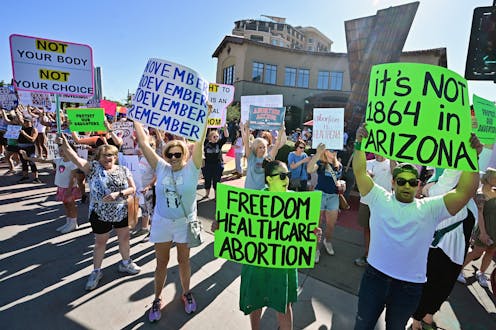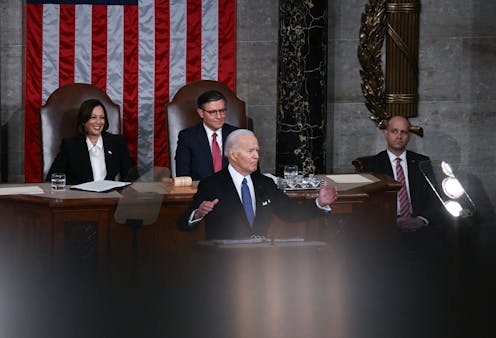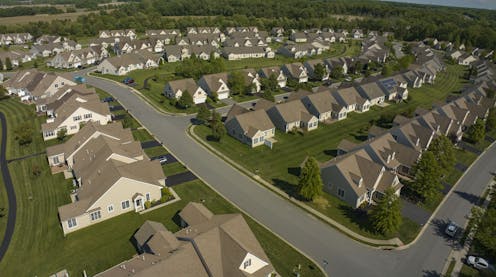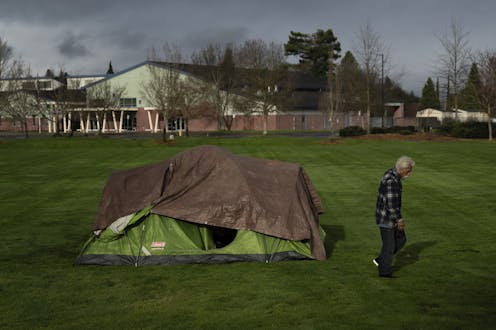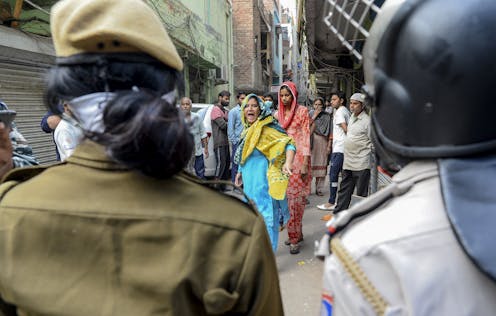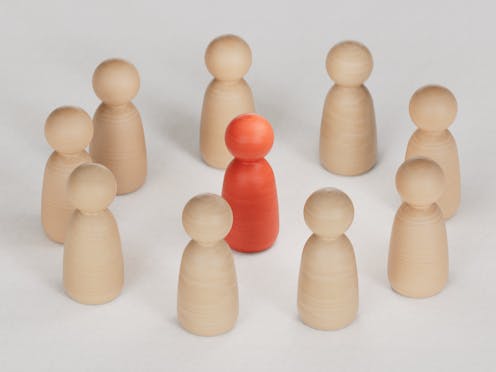Reflecting on the life of Journalist Jim Foley: We all have a purpose

Commentary by Karen M. Turner 8/22/14
Philadelphia, PA I was so moved when I saw an interview with the parents of Jim Foley, the photojournalist publicly beheaded by ISIS terrorists. Diane Foley said of her son, “…the more he saw the suffering the more his heart seemed to grow.” It got me thinking how we’re always told we all have a purpose in life. Clearly his was to bring the plight of those suffering in war zones to the forefront of the world’s consciousness. And like so many journalists and others directly involved in humanitarian work, they often put their lives on the line. Reporting from the world’s hot spots and working with the impoverished is not everyone’s calling. However, I believe we all have a purpose – perhaps not as lofty – but we do have an obligation to make the world – even if it’s improving the life of one person - a little better.
Watching the interview helped provide prospective. Last month – I – a journalism professor – took a break from the news. I was suffering from a constant summer diet of information overload of bad news. The Temptation’s Ball of Confusionkept playing in my head. For example, in the news on July 17th there was Malaysia Airlines flight 17 shot down in Ukraine, Eric Garner strangled by a Staten Island police officer using a banned chokehold technique and a brief cease fire in the Israeli-Palestinian conflict. Not to mention the ongoing political drama coming out of D.C. that our elected officials refuse to play nice in their sandbox…and therefore they’re not doing the people’s work. So I turned off the TV. It felt liberating. I had a chance to reboot.
But as Jim Foley’s parents remind me, none of us can afford to do nothing. The images of a slain Michael Brown laying in the street for hours after being shot has galvanized Ferguson, Missouri and by extension the nation. But what happens after the protestors go back to work and school? The media spotlight fades? As we know, there will be another unarmed man or woman of color murdered by police or a homeowner or a gang member.
Yes, there is unspeakable evil in our world. And too many live in the midst of this evil at home and abroad. We can learn something from the Howard Beale, I’m mad as hell and I’m not going to take it anymore speech in the 1976 movie “Network.” The first step is to get mad but not violent and really mean we’re not going to take it anymore. Those of us with steady employment and privilege must empathize with those suffering and do something – contribute by doing our part. To whom much is given much is required. That could be working for an organization that finds jobs for the disabled; housing an immigrant family or child who escaped from Central America; mentoring young people through programs such as the Boys and Girls club; sponsoring a child in an impoverished country; facilitating a candid race dialogue; participating in voter registration and get out the vote campaigns in communities like Ferguson, to encourage residents to have a voice in their municipal government; or becoming a teacher.
I believe a significant aspect of my purpose is to help my students realize the awesome responsibility they will have as working journalists. On the first day of class, I discuss how they are the eyes and ears of the public and how they must strive to give voice to the voiceless. I believe journalism is a calling. For those who want to pursue a career in journalism I try to train them to tap into their journalistic passion to become the best they can be. And for those who take my classes but find their passion lies elsewhere, I want them to realize the contribution they can make on whatever stage, to make their part of the world better.
We all have a role to play. A purpose to fulfill. I thank John and Diane Foley for reminding me!
#
Karen M. Turner is an associate professor and director of the broadcast journalism concentration in the Department of Journalism at Temple University. She served as department chair from 2000-2003. Ms. Turner teaches undergraduate and graduate courses in broadcast journalism, performance, race studies, and media law and ethics. She is a 2013 recipient of the Lindback Foundation Distinguished Teaching Award and was selected the inaugural recipient of the School of Communications and Theater’s Innovative Teaching award in 2004. Turner was awarded a Spring 2011 sabbatical to take a reflective look at her online race media studies course that she’s taught since 1997. Before joining the Temple faculty in 1992, Turner was the press secretary to former Philadelphia Mayor Edward Rendell. She has extensive experience as a radio journalist and talk radio interviewer having worked in such markets as Philadelphia, Cincinnati, and New Brunswick, NJ.
Follow Professor Karen M. Turner on Facebook and on Twitter. Media Contact Tandi Wilder @ She Got Game Media (305) 520-9703 .
Read more http://www.pitchengine.com/pitches/5034eb1c-1055-4815-88a3-71f765a4f151



